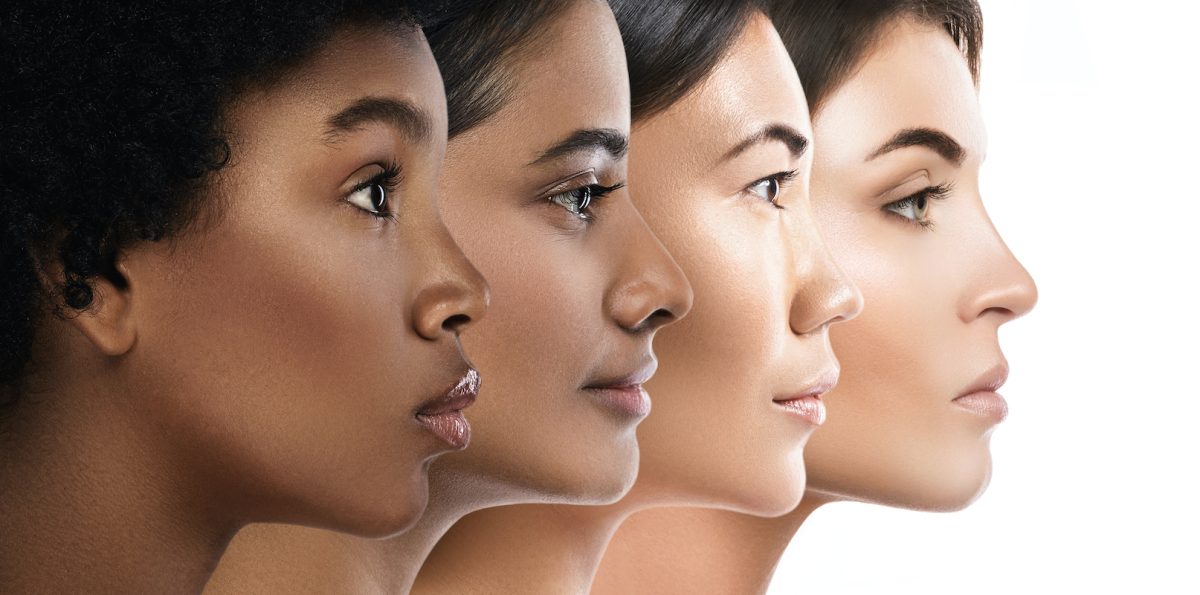When scrolling through social media, people tend to argue exactly what the beauty standard is. What could be perceived as beautiful to America is not necessarily what meets the standards in other countries, such as South Korea. Regardless of what is even classified as congenial and attractive, the beauty standards in society have stemmed from various influences, but many scholars have sought to explain exactly why they exist.
Beauty standards have become impressionable and extremely prevalent throughout human history. The overarching concept of beauty stems from evolution, but with everyday interaction, capitalism, and the commercial world — subjectivity has caused society to deconstruct an individual’s body image and facial features. A new report at Harvard University has made conclusions on how the repercussions of body dissatisfaction impact the U.S. economy; According to Bryn Austin, a professor in Harvard Chan School’s Department of Social and Behavioral Sciences, the report states that “Body dissatisfaction costs the U.S. around $300 billion annually…”
Although the world attempts to fit the needs of every physical characteristic within the cosmetology world, the results only develop standards that segregate individuals from one another. Various social media platforms attempt to implement “body-positive” content to draw viewers who struggle with insecurities. However, the psychological and mental influences on a person’s well-being serve as the phenomenon of how society chooses to conform to the various beauty standards existing around the world.
Body satisfaction can ultimately lead to body dysmorphia and eating disorders, but how does continuously looking in the mirror and depicting every minor flaw help a person feel better about their appearance? It does not. The Center for Mental Health Services asserts that roughly “90 percent of those who have eating disorders are women between the ages of 12 and 25”.It is the sense of comfort a person feels when they are given the reassurance of how they look before they are seen in public. Because of the insecurities an individual adapts throughout their life, they position themselves to judge and criticize themselves through society’s perspective. Moreover, what was once used as a coping mechanism for comfort is now a habit that causes a person to immerse themselves in disappointment.
Worried loved ones even question why the person they care for the most is harming their bodies in the hopes of receiving perfect visuals. Many may question if they have failed as a friend or a parent because of witnessing the devastating behavior of wanting unrealistic physical features. Truth be told, many people already understand the repercussions that follow from making unhealthy habits to their bodies. The idea that people proceed to harm themselves without knowledge of the consequences only conveys their inability to see themselves outside of society’s unreasonable expectations of becoming beautiful.
A person who bashes their physical appearance might struggle to comprehend their life without having insecurities. To separate oneself from the standards of beauty presented in society is to defy what has been taught to please and not taught to pursue life independently.










